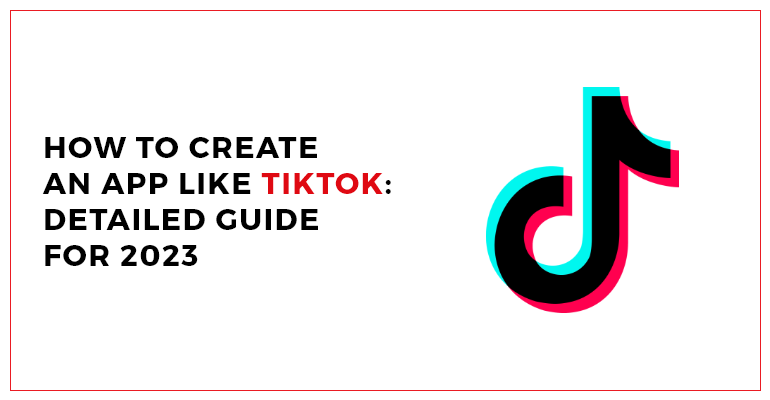
In the ever-evolving digital landscape, TikTok trends are taking the UAE by storm, but not without raising eyebrows and concerns among experts. These trends, often seen as harmless fun, can sometimes tempt teenagers into risky behaviors that flirt dangerously with the line of safety. As these viral challenges sweep through social media, experts in the UAE are sounding the alarm, emphasizing the need for a collective effort to ensure digital safety.

The Allure of Viral Challenges
From the allure of "how to blackout" tips to the disturbing nature of self-harm challenges, these trends exploit the natural curiosity and peer pressure that many teenagers face. Dr. Salman Kareem, a psychiatrist at Aster Clinic, explains, "Children naturally crave acceptance and appreciation from their peers. Participating in trending challenges provides instant social recognition and a sense of belonging." These challenges, however, can quickly lead teenagers down a path of dangerous experimentation.
Social media platforms, designed to stimulate engagement through likes, comments, and shares, further fuel this behavior. The dopamine hit from social validation can override rational decision-making, creating addictive cycles that are hard to break.
The Role of Parents and Schools
Dr. Kareem emphasizes that simply banning social media is not the answer. Instead, he advocates for a more engaged approach from parents. "Parents must engage with their children, explore content together, and educate them on digital literacy," he advises. This involves understanding the platforms, setting appropriate boundaries, and fostering open dialogues about the content they consume.
Schools, considered a second home for students, play a critical role in ensuring digital safety. Lisa Johnson, Principal of the American Academy for Girls, highlights the importance of integrating digital citizenship and critical thinking into the curriculum. "Our student mental health ambassadors lead awareness campaigns on social media risks, working alongside Home Mental Health Leaders to help younger students build strong digital citizenship skills," she explains.
Schools are implementing strict content filtering and monitoring systems to maintain a safe learning environment. For instance, Taaleem’s e-safety policy includes digital protection measures that train staff to address e-safety concerns while students sign an Acceptable Use Agreement before accessing school e-services.

A Call for Collective Action
The fight against harmful social media trends cannot be tackled by parents and schools alone. It requires a collective effort from the community, tech companies, and policymakers. As Dr. Kareem points out, fostering a healthier digital culture is crucial. This involves promoting critical thinking, engaging in judgement-free conversations about social media experiences, and teaching children how platforms use psychological techniques to increase engagement.
Abhilasha Singh, principal at Shining Star International School in Abu Dhabi, echoes this sentiment, emphasizing structured monitoring rather than strict bans. "We don’t have a specific cellphone policy, but students use school-provided devices with firewalls blocking non-educational content. If behavioral incidents arise, we follow a structured intervention plan involving parents and counseling support."
The Path Forward
As viral TikTok trends continue to captivate the youth, the UAE faces the challenge of balancing digital innovation with safety. By fostering open communication, promoting digital literacy, and implementing robust safety measures, the UAE aims to create a safer online environment for its teenagers.
The message is clear: while social media offers a platform for creativity and connection, it also necessitates a vigilant approach to ensure that the digital world remains a safe space for everyone. Through collective action, the UAE hopes to inspire a new generation of digitally savvy, safety-conscious individuals who can navigate the online world with confidence and caution.
For more on how viral trends affect digital safety in the UAE, visit the Khaleej Times.